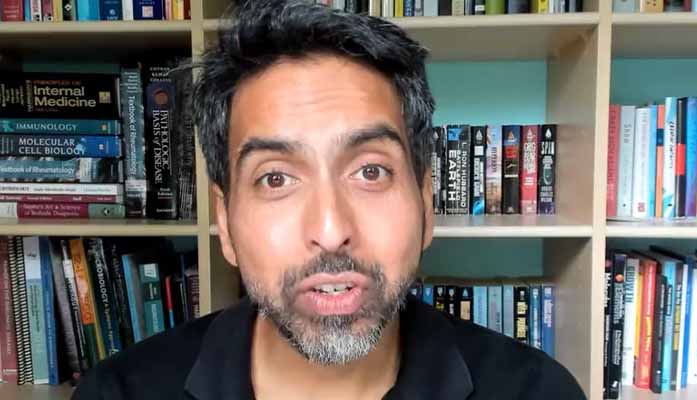
ASU Preparatory High School Program to Push Woke Ideologies on Taxpayer’s Dime
By Corinne Murdock |
The latest endeavor from Arizona State University (ASU), a full-time online high school that awards university credits, offers a curriculum focused on woke ideologies on the taxpayer’s dime.
The bulk of the program relies on daily seminars in addition to online lessons, small-group tutorials, and peer tutoring. The sample of seminar subjects challenge students on ethical norms, such as editing the human gene pool, freedom of speech versus “freedom of reach,” social media moderation, and life extension. The seminars are student-led and supported by learning guides and guest experts.
All this at no cost to students who are Arizona residents. Instead, the state covers the cost. Students in other states would pay close to $10,000 a year, and students outside the country would pay nearly $13,000.
The program, ASU Preparatory Academy’s Khan World School, is poised to launch in August with 200 students to start. If all accepted students were Arizona residents this fall, that would cost taxpayers anywhere from $2 million to $2.6 million.
Rather than tests, the academic model emphasizes discussion with teachers, peers, and “industry experts” for learning and assessment. Students advance through a mastery-based model. At the end of the program, students will receive a transcript with final grades for college admissions and scholarships.
Specifics on curriculum weren’t offered. The program asserted that each student would receive their own custom plan.
Governor Doug Ducey called the program a “groundbreaking innovation.”
“Choice in education works and Arizona leads the nation in school choice!” tweeted Ducey.
ASU offered a quiz for students to determine their fit for the program. Only one of the seven questions related to academic competency.
The first question asks the student to select the desk that best represents their mind: “Albert Einstein’s Mess,” “Marie Curie’s Order,” or “Katherine Johnson’s Spotless.” The second question asks the student what time their alarm wakes them up: before the sun, before lunch, before dinner, or “lol, what alarm?”
A third question asks the student how many books they read in a month: none, one or two, or three or more. A fourth question asks the student who they turn to for answers: Google, their friend, their family, or themselves. A fifth question asks the student which animal best describes their learning pace: slothful, steady, or sprinting.
It’s not until the sixth question that the student is asked about something to do with core subjects. The student must answer a math question about where the vertex of a parabola would fall.
The seventh question reverts to a social question about the student’s way of thinking versus that of their friends.
The online lessons are a mix of Khan Academy and ASU course content. In order to be admitted, students must be entering their freshman year of high school, proficient in Algebra I, earned grades A or B in 8th grade Math and English Language Arts, and in possession of a computer with a web camera and internet access. Algebra I proficiency appeared to be measured by proof of program completion. Other than that, admissions doesn’t require a GPA or any other academic standards.
Corinne Murdock is a reporter for AZ Free News. Follow her latest on Twitter, or email tips to corinne@azfreenews.com.
